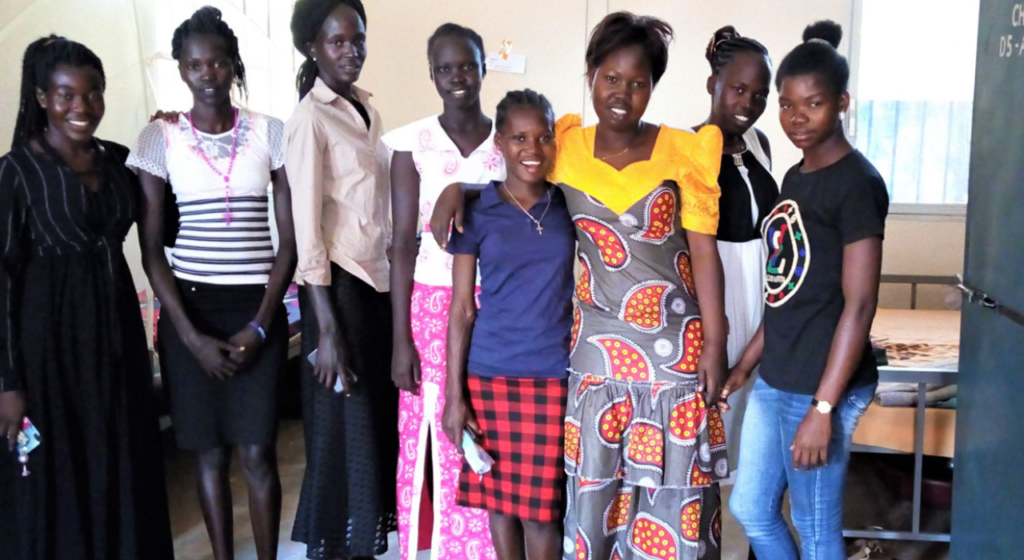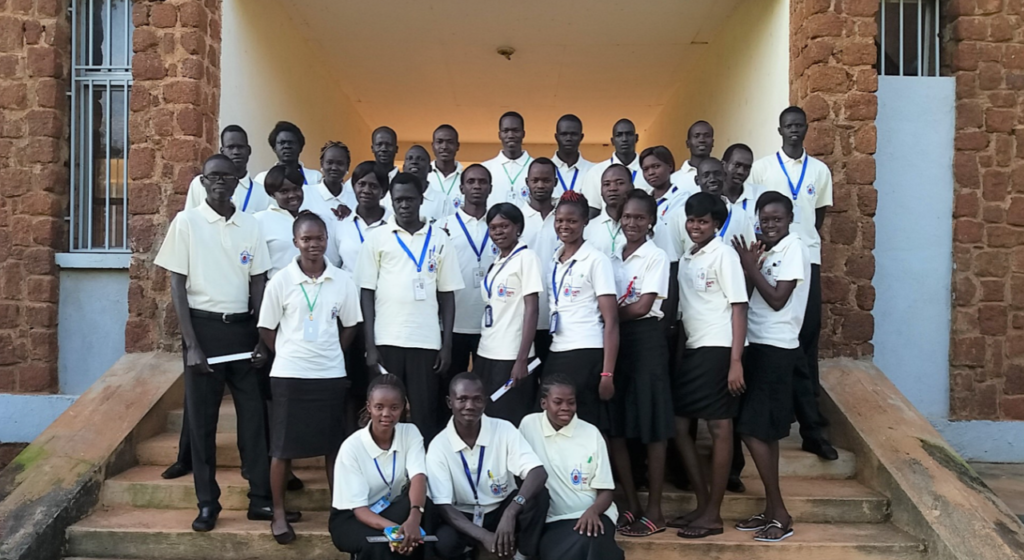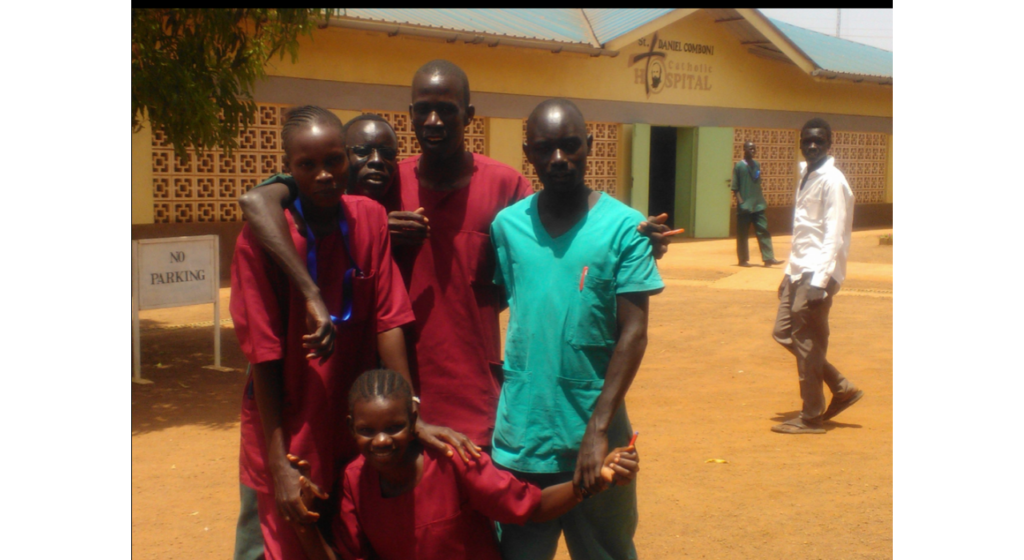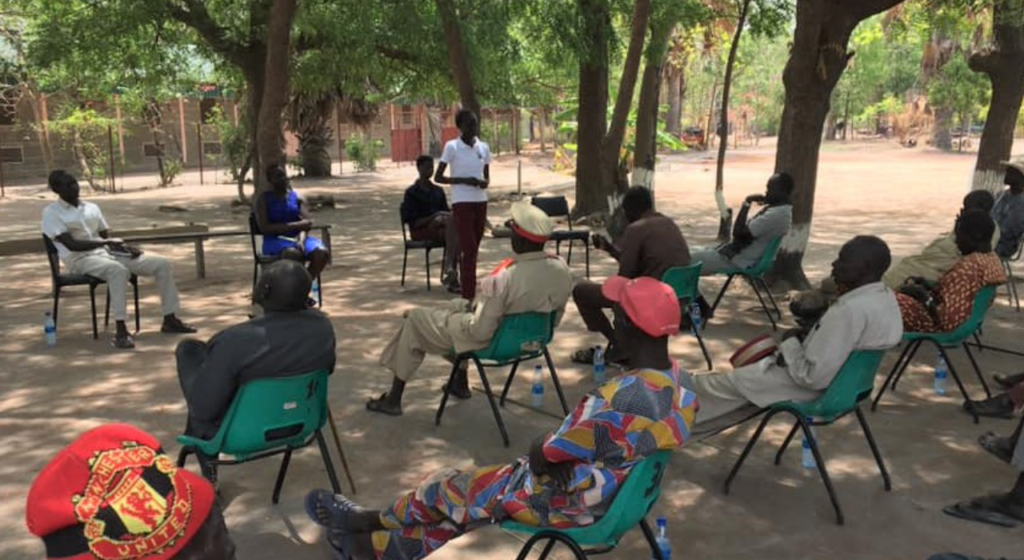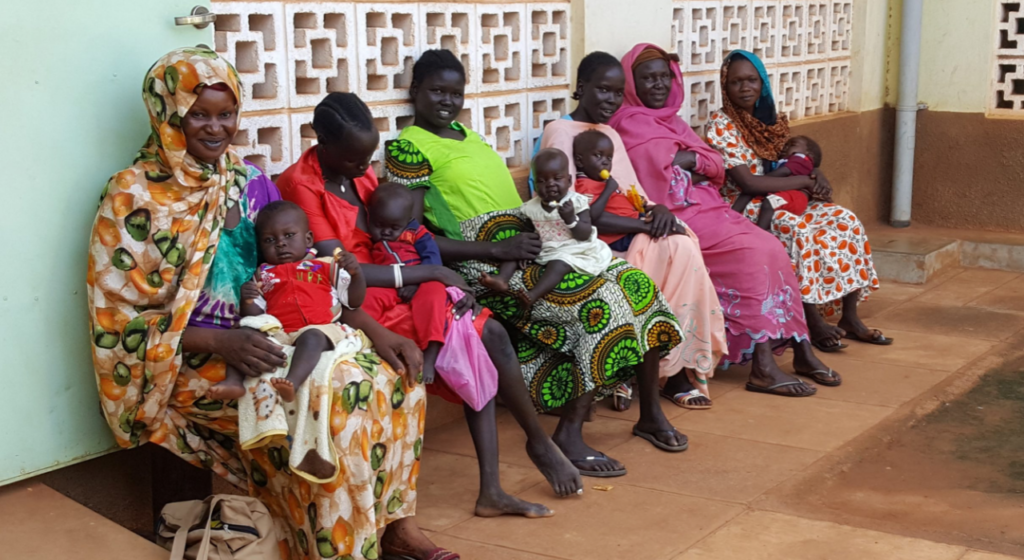South Sudan
Education, Empowering Women, Health, Job Training, Religious Harmony, War Victims
$26,000 Goal
| Provide four scholarships for women will increase the number of women trained to be nurses and registered midwives |
The Situation
Half the population of South Sudan had insufficient access to health care services in 2019. The country has some of the worst health indicators in the world, with a child mortality rate of 96 per 1000 live births and a maternal mortality rate of 789 per 100,000 live births. Two out of five children under age 5 are malnourished, two out of five lactating or pregnant women are malnourished, and one in 10 children die before age 5.
Decades of conflict along with insufficient access to health care services make South Sudan is the worst prepared country in the world to deal with the coronavirus pandemic, according to UN sources.
Sisters’ Response
Three Sisters working for Solidarity with South Sudan manage the Catholic Health Training Institute in Wau, South Sudan, which offers three-year programs to train registered nurses and registered midwives.
In 2010, when the CHTI was opened, there were only 83 RNs and 19 RMs in the country. Since the first graduation in 2013, CHTI has graduated 154 RNs and 71 RMs. In 2019 alone CHTI, graduated 22% of all health care professionals in the country, and all passed state exams with distinction or high credit.
Funds Needed: $26,000
How funds will be used:
Funds are needed to facilitate acceptance of more women students into the three-year program. Nearly 50% of the student body are women up from 20% when the CHTI began in 2010. This is nearly a miracle since the literacy rate among women is 14% and many never go to school beyond grade 4.
Requirements for students are a Secondary Certificate and proficiency in English. A bridging program in English is available to assist, especially women, students since many do their studies in Arabic as prescribed by the Khartoum government prior to independence in 2011.
Systemic Impact
Training a sufficient number of health care professionals to meet the needs of South Sudan is making a significant difference for women and children throughout the country in the Nuba Mountains of Sudan. In addition, a good education helps to prevent human trafficking and early marriage.

